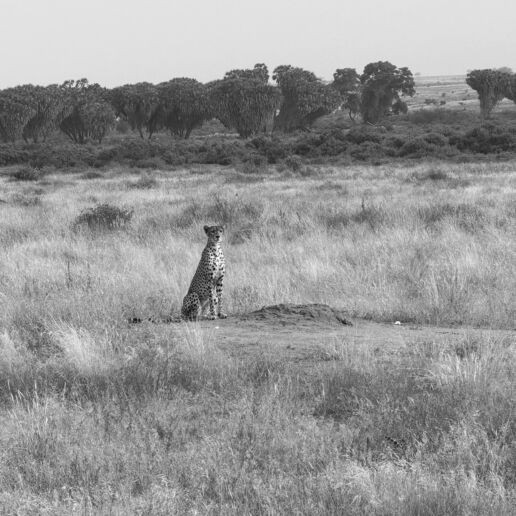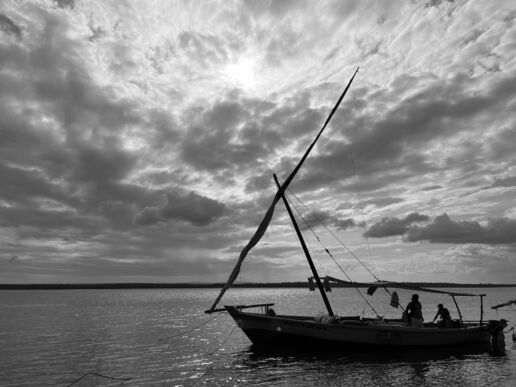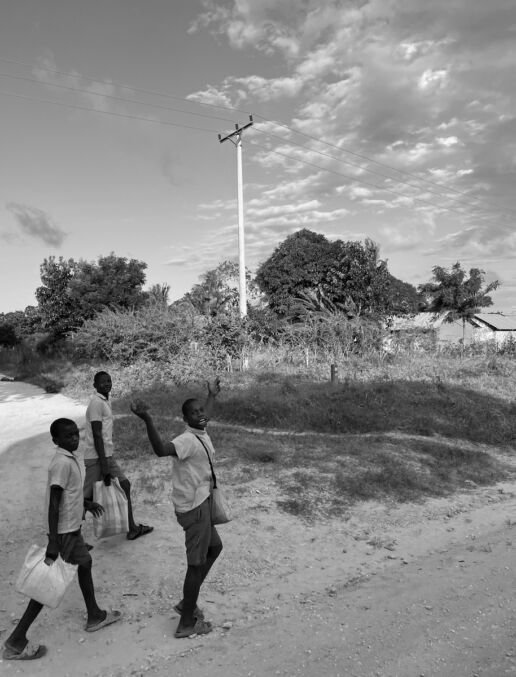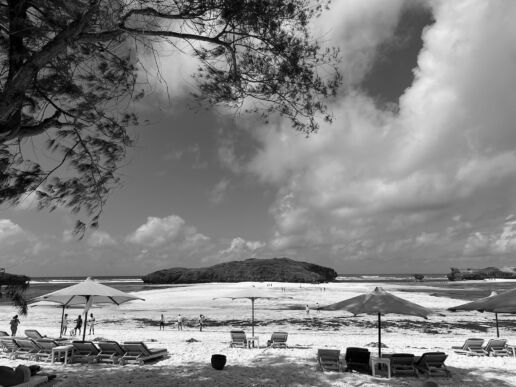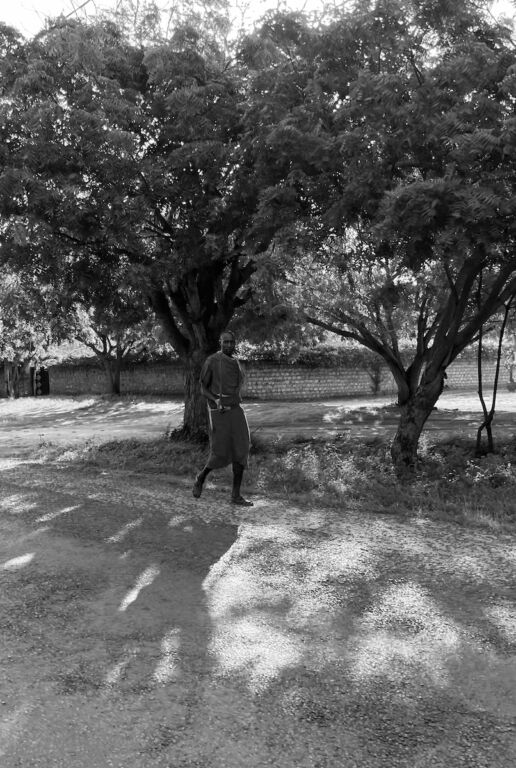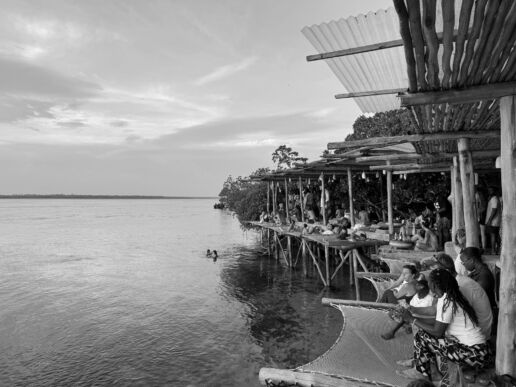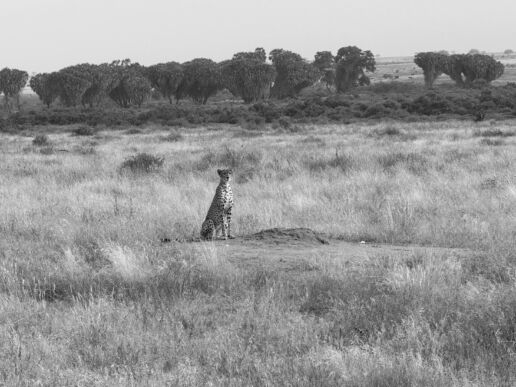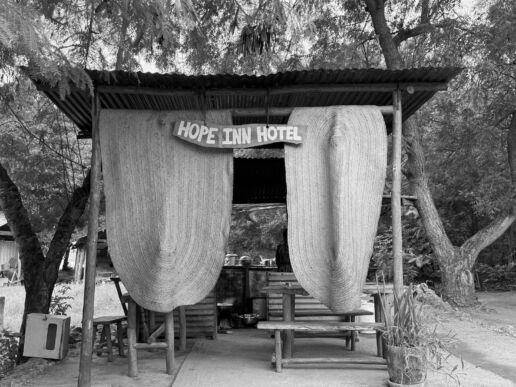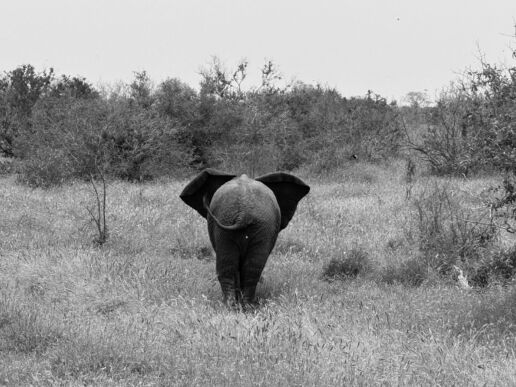WATAMU
A small coastal town in East Africa where time stops.
“Polé, polé,” they say on the Kenyan coast. It means “slowly, slowly”. And, in this tiny fisherman’s village, time does indeed stretch, making one appreciate and become aware of the smaller and intangible things in life. I have absolutely no idea how I stumbled upon Watamu. Surely someone must have mentioned it and I couldn’t resist the urge to Google it. What Google showed me, I immediately dismissed as too good to be true. Later, however, I couldn’t resist the urge to give it a try. Anything that’s Kenyan – or African and, especially, sub-Saharan African, for that matter – I am willing to try. At the time, the pandemic was still raging and I was bored out of my mind. How bad could it be, I thought?
The sunrises and the sunsets, the coming and going of the tides, the shape-shifting sand dunes, the way and the speed with which the sky changes, the shape of the cotton clouds, the waltzing palm trees, the playful dolphins, the graceful dhows* gliding through Mida Creek, the migrating humpback whales, the makuti roofs** and that barefoot, no-fuss polé polé way of life. I came to realise that they all nourish and soothe my otherwise restless mind and soul.
It is the warm embrace of that golden light, the endless pristine beaches of white sand and the inviting calmness of the turquoise Indian Ocean that keep calling me back. All this infuses me with a feeling of gratitude and expansion, gently encouraging me to go beyond all defined limits where I can grow while feeling boundless and at peace. There are other ways of being, living, existing, and sometimes a tiny village near the equator, where everything is in constant flux, is all it takes to make one realise it.
*a lateen-rigged ship with one or two masts, used chiefly in the Arabian region
**Makuti is thatching made from the sun-dried leaves of the coconut palm, Cocos nucifera. It is widely used to build roofs across East Africa.


